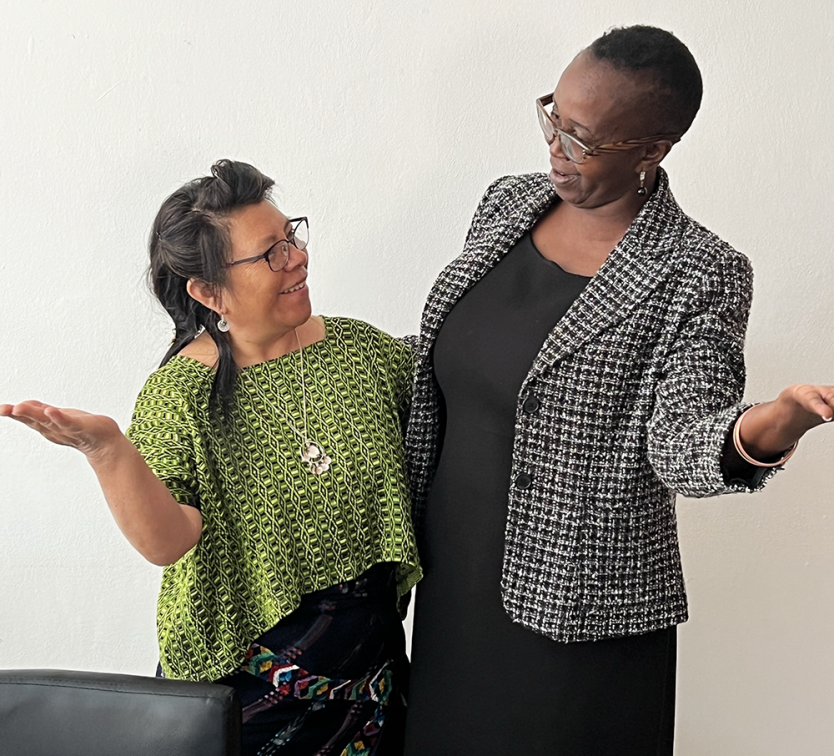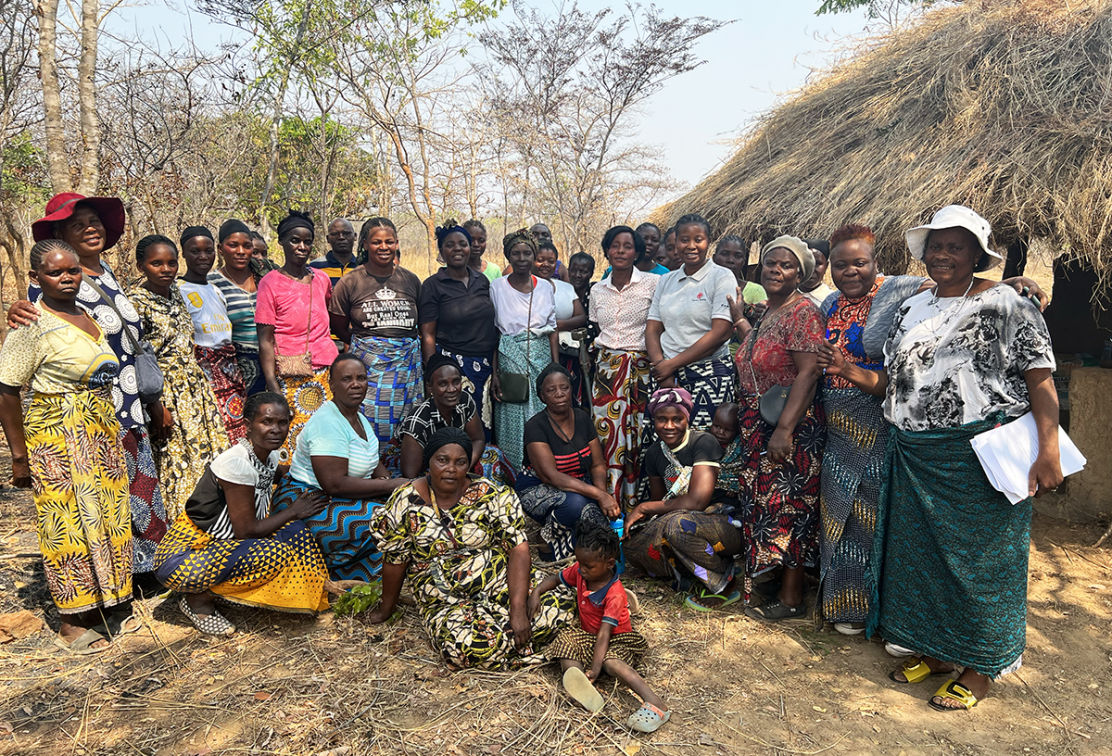

Impacts of the innovative WEP model
The importance of good approaches
The Foundation Support for Development strives to support efficient projects that achieve real positive changes in people’s lives. A fundamental component of any efficient projects are good models and methods. Ad hoc development approaches should be avoided since they tend to waste people’s time and valuable resources. Model development require investment, time, knowledge and constant validations and adaptation.
The Women’s Empowerment Project approach was developed by Fundacion Progresar in Guatemala, utilizing global best practices and successful models from development projects and the private sector and also adding new components and ideas. The model is continuously validated and adapted and the participants themselves bring valuable inputs for improvements. The innovative and holistic project model, combining emotional health, micro loans and savings, with comprehensive training in business development, women’s rights and gender equality, livestock management and gardening for small businesses has been key to the incredible and sustainable results multiplying improvements in women’s and their families' lives.
The focus has always been on creating the capacity of the poor people to achieve a sustainable improvement, as well as on producing a replicable method for expansion to other countries. The participating women have been involved in conceptualizing this innovative method to break the poverty spiral and the model has been validated and adjusted continuously.
External evaluations and impact in women’s and families’
In 2024, group of MBA students at the Stockholm School of Economics undertook a study and evaluation of the Women’s Empowerment Project in Guatemala implemented by Fundacion Progresar. The study explored how the project's impacts correlated with the UN’s Sustainable Development Goals.
The main conclusions:
”The study underscores the effectiveness of Fundación Progresar’s holistic approach, which integrates economic tools with crucial educational programs on rights and personal development. This innovative strategy has led to substantial improvements in the living conditions and empowerment of indigenous women, directly impacting poverty alleviation and fostering gender equality. Moreover, these efforts contribute to economic growth by enabling women to start and sustain local businesses.”
Since the start of the Projects, several external evaluations and impact studies have been undertaken. In 2024, an impact study with the focus on women who had participated for three years in the Project in Guatemala, was conducted. The study corroborated the results obtained from other evaluations. In sum it was shown that:
-
100% of the participating women had started one or several micro businesses and decided independently over the use of income.
-
98% of the participating women were much better off than before the Project and had substantially improved their livelihoods and life situations.
-
The majority of the participating women had increased their income considerably. Before the Project, 51%-76% of the women who participate in the Project did not have any income. After the Project all of the women had their own income. The participants' average monthly income had increased between seven to twenty times,
-
50% of the participating women employ others after 4 years in Project.
-
100% of the participating women had improved their emotional health, self-esteem and self-confidence.
-
All participating women understood and made use of their rights.
-
The majority improved their relationship with their husbands/partners.
-
After reinvesting in their micro businesses, the participating women also invested profits to improve their and their family's lives, food, clothing and children's education. Some bought land and improved or built houses.
-
For 98 % of the participating women, domestic violence had decreased significantly.
-
Gender equality at household level had improved, e.g., with regard to women’s participation in decision making, children’s education and changed attitudes in valuing the girl child compared with the boy child. Moreover, the women increasingly participated in and contributed to community organisations.
Similar results can be observed in Zambia, as indicated by the end of 1st year cycle evaluations. After having participated one year in the project, 75% of the women had at least doubled their income, domestic violence had decreased and women's participation in the local community had increased. Positive changes in gender equality were also observed in several households.
As expressed by one of the Zambian staff: "The women are happier, you can even see the change by looking at them".
Here you can read an analysis from the Stockholm School of Economics

